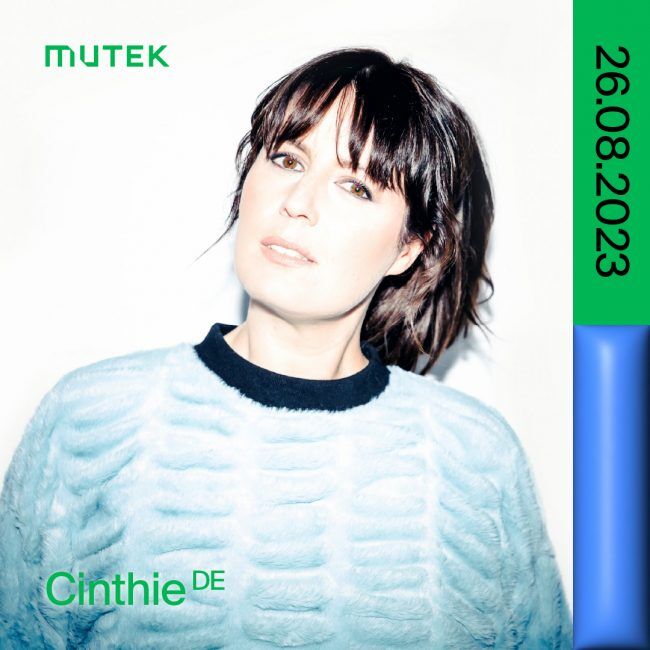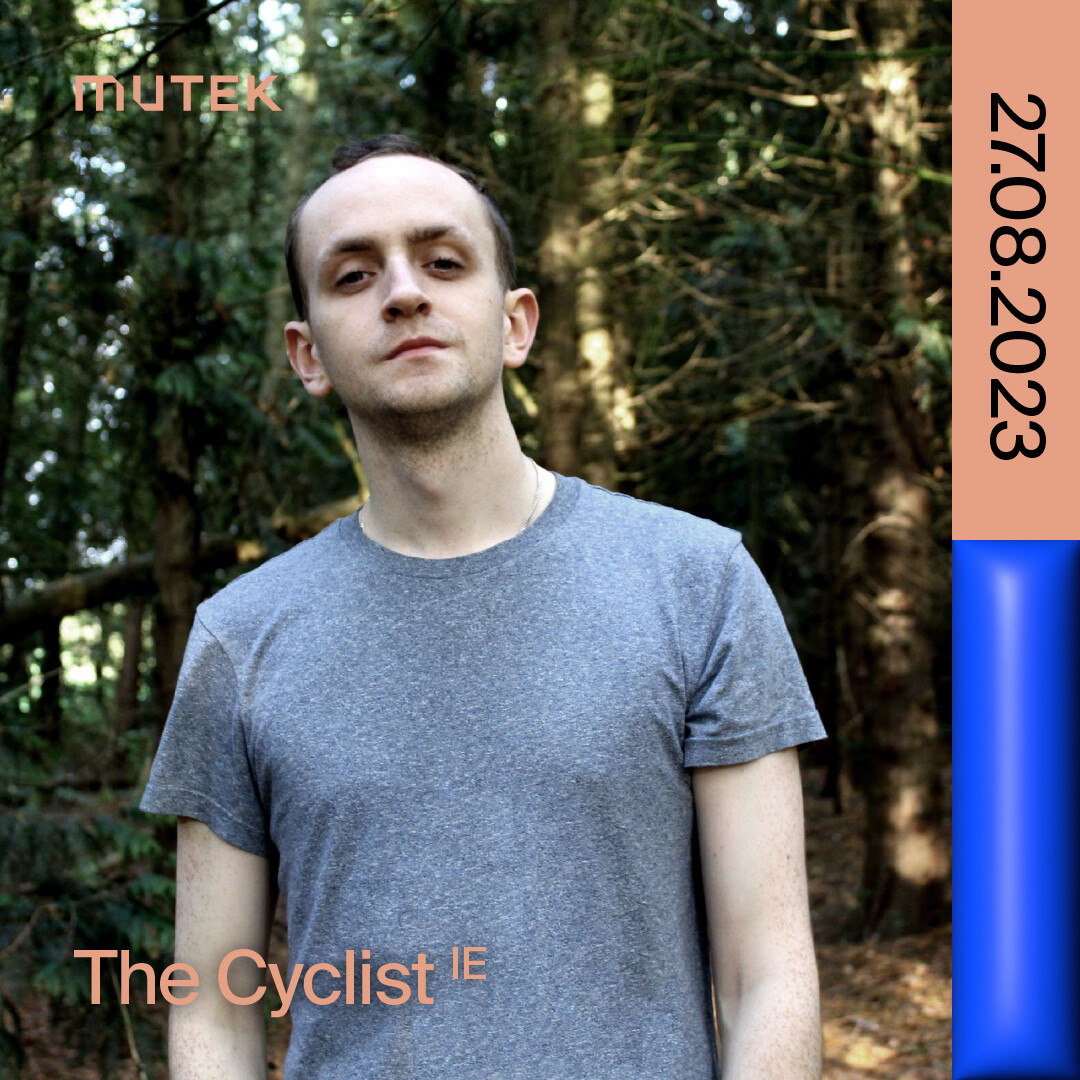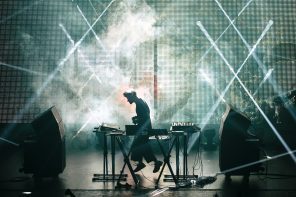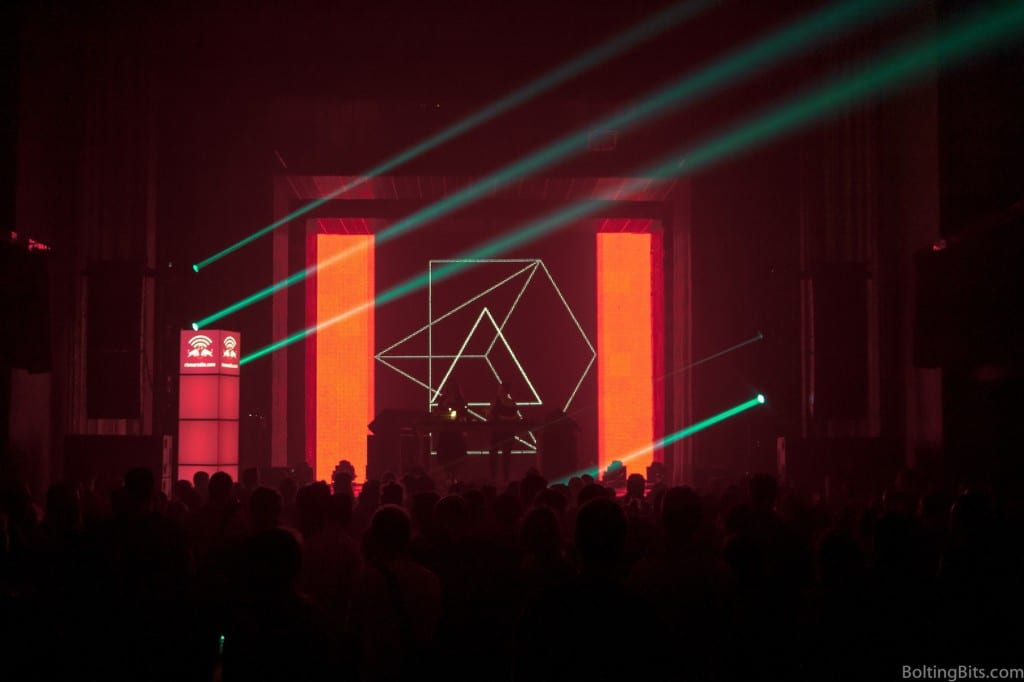
The collaboration between Israeli-born, Berlin-based DJ/producer Maayan Nidam and Cologne-based artist Julia König explores the marriage of deep, intricate rhythms and the hypnotic potential of the human voice. Nidam’s diverse production skills (displayed on two albums and several EPs on labels such as Perlon and Cadenza) and sonic explorations harmonize with König’s interest in speech synthesis and vocal processing to provide an experience equally as important for the mind as it is for the body. Their compelling performance at Metropolis, part of a minimal marathon including Barac and Sonja Moonear, exemplified what Mutek is all about – unique electronic experiments that don’t sacrifice visceral command of the dance floor, and the artist’s relationship with machines in a digital world.
Thank you both for joining us, is it your first time in Canada?
Yes, it’s both of our first times here, and we really like the city! We have a really nice room on the 12th floor where we’ve rearranged the room into a studio with all our machines to rehearse while overlooking Montreal which is nice.
How long are you in Montreal for? What other artists are you looking forward to?
J: For the whole festival! We were exhausted yesterday and fell asleep early, but I wanted to see Aisha Devi. Obviously there are names that I know on there but I was looking through the lineup and am looking forward to discovering artists that I didn’t know.
M: I wanted to see Atom TM, as well as some of the panels, there was one with Dasha Rush that I wanted to check out.
How did you two meet and decide to work together?
Over our exes (laughs).
M: I had this band in 2014 and the bass player was dating Julia at the time, and the band broke up, somehow me and Julia got really connected.
J: I came to the studio and Maayan played me the live set and I really enjoyed it: back then it was pretty different but I just got inspired to write, noting the images I had in mind. What fascinated me was that the set had a narrative, it wasn’t track by track but a narrative that I heard, and from that I wrote text to it, and then from that point we were meeting up and deciding which text could be used where, and arranging transitions etc.
M: I was DJing for a very long time, and the transition to live set was very difficult for me, especially because I use only machines (no laptop) the transitions were important for me but they were difficult, so the parts where we worked together actually the transitions between the tracks that sounded a bit more improvised, and the transitions picked up a life of their own.
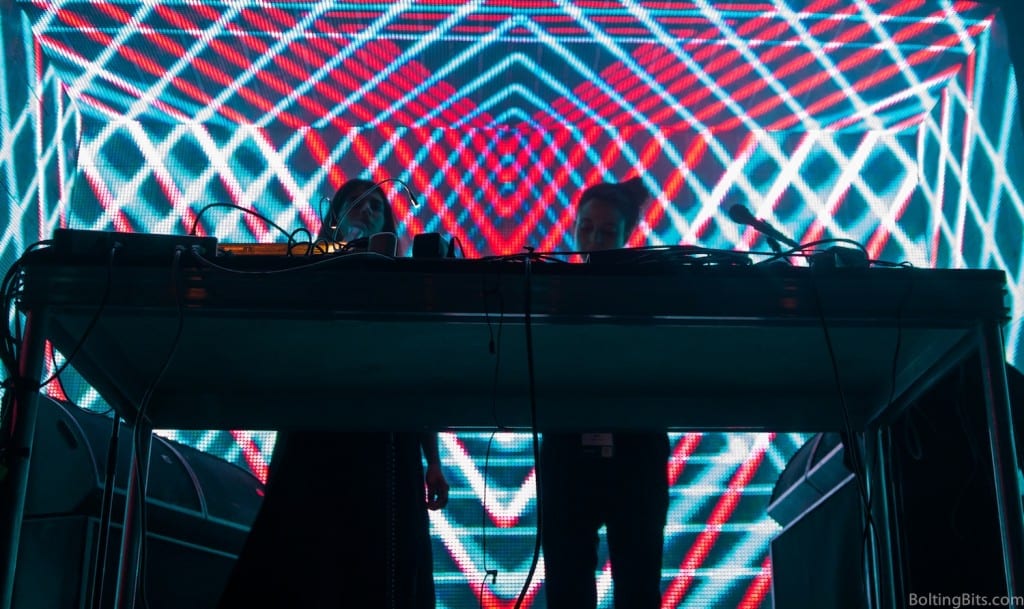
Can you give us some insights into your live setup?
M: I try to keep it to a minimal, and use only what’s needed. I still think like a DJ, on one side there’s the Octotrack that plays audio files, sends midi, and has effects, on the other side I have a drum machine, a bass, and a synthesizer, and beyond all that I have guitar pedals that I use as effects. In terms of what I play, it kind of moves from stuff that is more familiar (ie tracks that were released in the past) and other fresh ideas that I play with. New interpretations give new life to old tracks alongside newer improvisations. For Mutek for example, we decided to extend the more text/vocals and the more improvised parts, because we feel like people are really coming for the music and would be open to that sort of thing.
J: Well to the live set I just bring my voice, which I add effects to. What we are now starting which we have not yet included in the live set, but where I’m taking interest is in speech synthesis: the automated voices which you find in daily devices, I have a fascination with Google Translate, I’m not really singing but what I find interesting about these voices is that they always stay in one tonality more or less and it has a soothing component, so what I’m doing with the voice doesn’t really sing, but is rather disembodied voices that I find interesting. I also find it interesting dealing with a life that is a transition between human and machine, where is it going, how are we dealing with these facts. At the moment we are working with bits prerecorded of text and speech, but we are doing it ourselves as well, and it has a very calming effect.
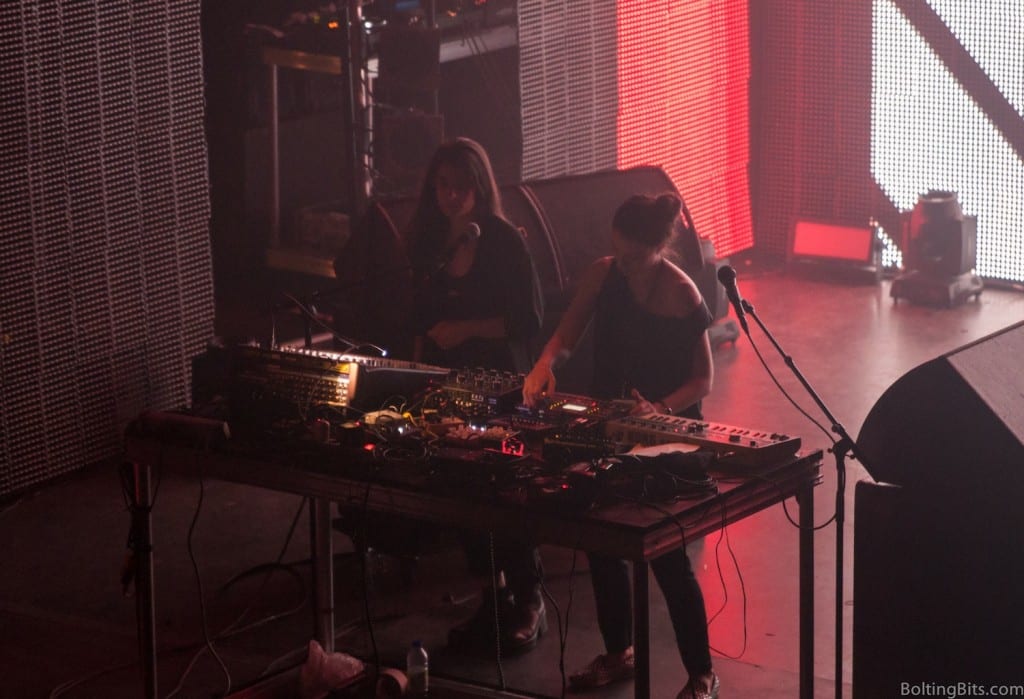
Favourite pieces of gear?
M: My Guitar pedals are all handmade in the U.S. so I get them sent to my sister’s place and pick them up a couple times a year – these pedals are really special to me and helpful for making techno and interesting of layers of sound, different dubbing and effects etc.
Over the course of your career, how would you say your tastes have changed over the years?
M: Friends that know me know that I get really into certain sound then I will slowly switch and be very into a different style – I still have a varied collection of records, I don’t give away my records, I believe in the music and I think it comes in waves. Right now I feel like I’m into a sound that I would interpret as new Detroit techno, although its coming from North Europe, from Scandinavia. It’s very deep, sometimes dark, minimalistic, but with so much body and I am enchanted with this sound. Stuff like Abdulla Rashim, Fred P, gives me everything that I like about electronic music, and techno in general. It’s hypnotizing but in a very subtle way.The music that I make is a little far from the music that I play and it always has been, if I’m playing it there’s always plenty of it out there, I make stuff that is a little more personal.
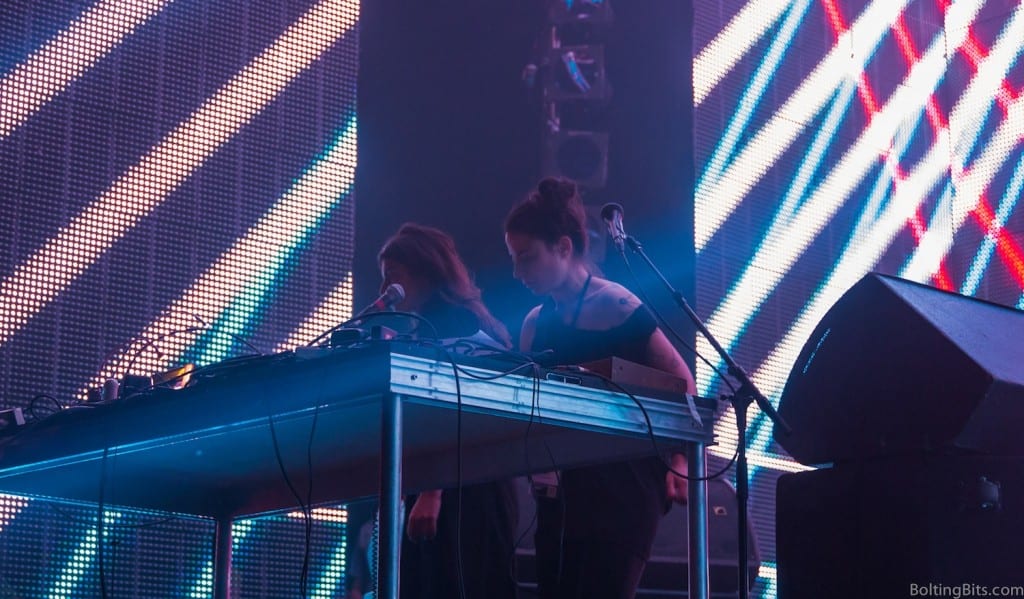
Do you have any formal musical training?
J: My initial contact with music was really horrible, playing the recorder in second grade (laughs). Delving into sound came about 4 years ago, I had a music project with another friend before I met Maayan, we were using a lot of samples, I was using the MPC and some analog gear. I learn visual programs very quickly, but sound programs take longer for me. So no, I have no classical training in music, it’s more the DIY spirit to just try things out, work with them.
M: I grew up with music, learning the piano, guitar, drums. I have to be honest, I’m not the most talented player, this is why I got more into electronic music, the ability to write music without necessarily having to play it, even though I enjoy playing live sometimes, I find the struggle gets more creativity out of me than I thought. I would say that I don’t even consider myself so much of a musician, moreso as an artist who uses music to express different ideas. Not everything I do fits into clubs, even if there is a kick, a clap, a hat, it’s more expressive, I feel like I’m more painting with sound as opposed to being a musician. Most of the stuff I like is simple, but very good, a good idea, in a few words.
How do you balance DJing and production, and finding new music vs. creating it?
M: It goes hand in hand but they need to be in separate periods. There is a time where I need to be in the studio and focus on that and not really check records and so I need to just be there, and when I need a break, itll be a week of two of getting a lot of records, preparing new sets, new ideas, stuff to play. They feed off each other but I need a separation from the two. At home I listen to everything but electronic music, psychedelic music, old rock music, krautrock, everything really, lots of hip hop actually.
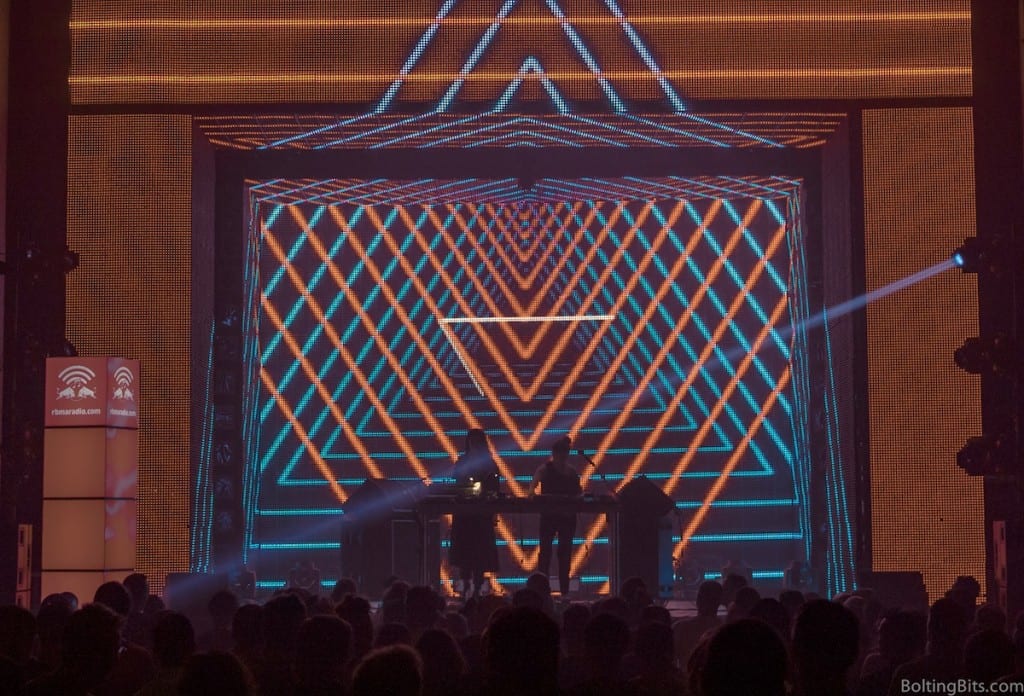
Interview by: Oliver
Photos by: Sarah-Marie

